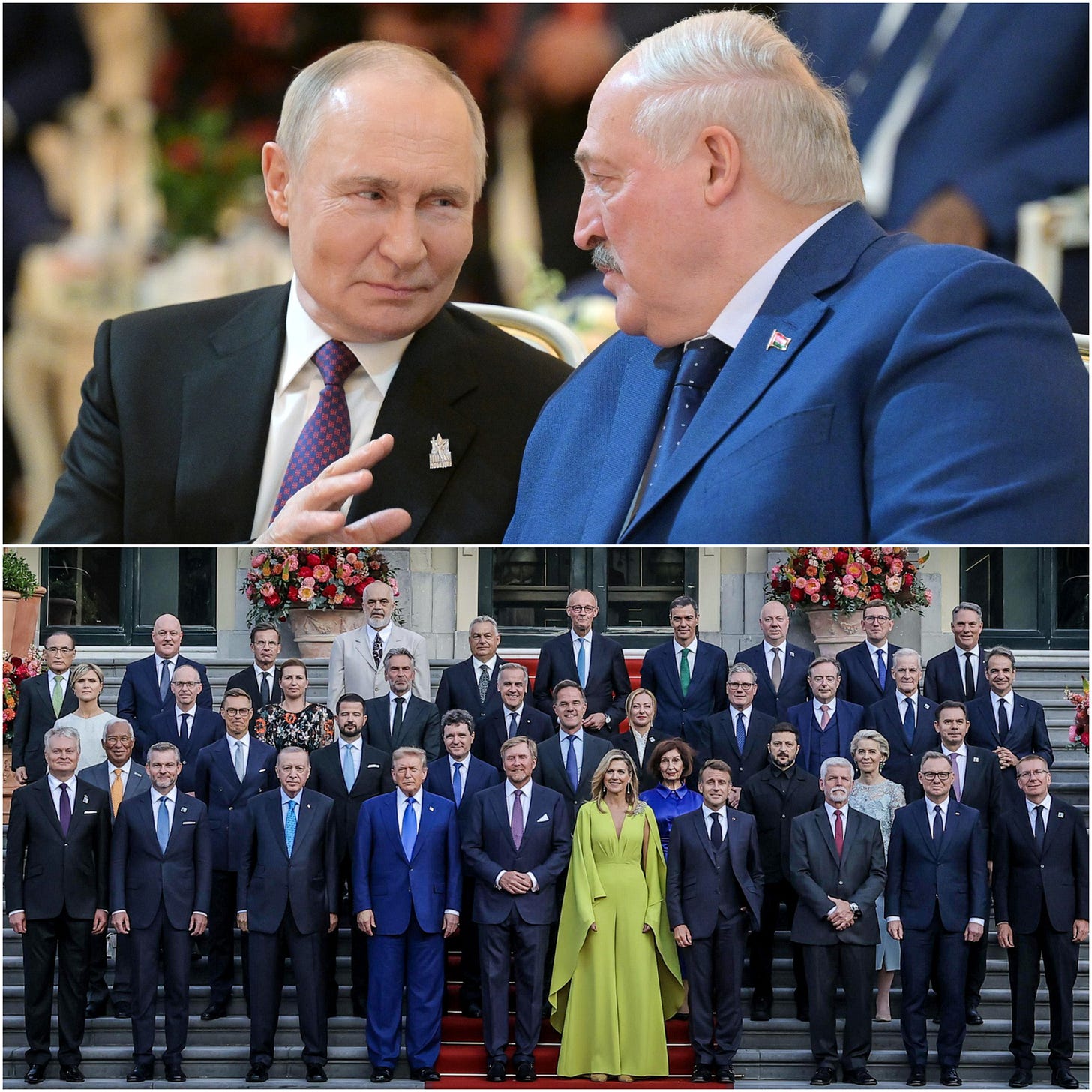NATO Finally Acts: Is the Boost in Defense Spending Too Little, Too Late?
More than three years into Russia’s invasion of Ukraine, NATO boosts defense budgets to 5% of GDP—too little, too late for the vulnerable Baltic states, especially Latvia?
The NATO summit in The Hague concluded with an expected—and indeed long-overdue—decision: raising the minimum defense spending by member states of the alliance to 5% of GDP. Although these 5% consist of 3.5% directly allocated to military capabilities and 1.5% earmarked for various defense-related expenditures (which, if the reformist faction within the alliance fails to supervise carefully, could be squandered on barely necessary projects), this decision still constitutes a success, particularly given the opposition from certain members (notably socialist-led Spain). It is regrettable that this requirement has only now been established, 1217 days (3 years and 4 months) into Russia's military aggression against Ukraine. It took over three years of war for sluggish Europeans to finally act. It's worth recalling that Polish President Andrzej Duda has been advocating for increased defense spending since 2015—initially emphasizing the fulfillment of the 2% GDP commitment, advocating for 3% since 2024, but only the pressure from Trump administration has finally brought change. However, isn't this too late? The declaration certainly looks good on paper, but could it already be outdated? Europe's delay in, for instance, ammunition or combat vehicle production capabilities is measured in years. Meanwhile, the Russian threat continues to escalate.
Despite appearances, Russia is struggling in Ukraine, meaning its clock is ticking. According to military analysts, Putler is increasing production capabilities, such as tanks, yet under adverse macroeconomic conditions (falling fuel prices), he can't "squeeze the lemon" indefinitely. He'll need another "operation"—dictatorial regimes like his thrive on conflict and have no purpose without it. Where might he strike next? Given the demands voiced during peace talks with Ukraine, the Baltic countries, particularly Latvia, appear likely targets.
Keep reading with a 7-day free trial
Subscribe to Rock Rachon to keep reading this post and get 7 days of free access to the full post archives.





